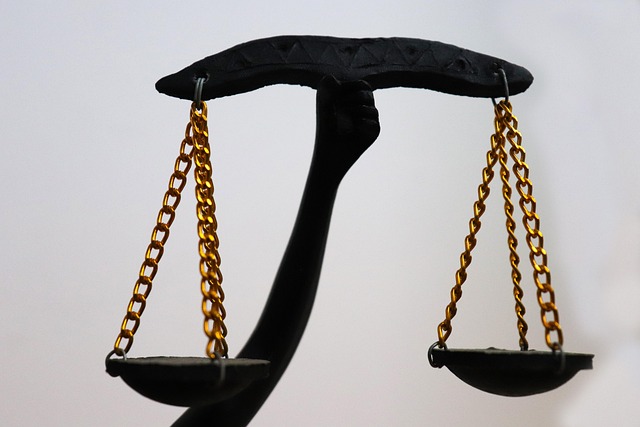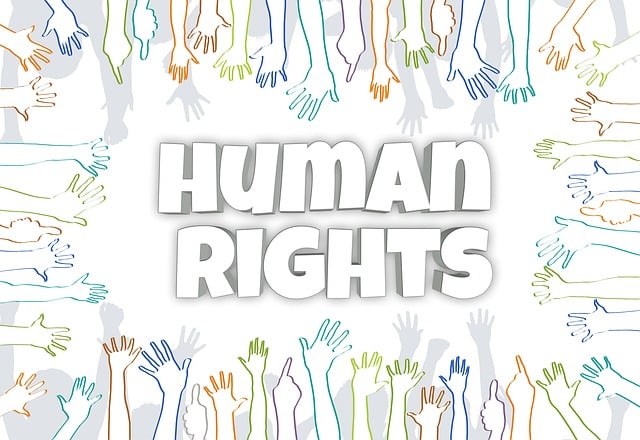Recent Changes in Financial Regulation Law have significantly strengthened whistleblower protections, enabling individuals to expose illegal activities within financial institutions without fear of retaliation. These reforms aim to combat corporate misconduct, enhance transparency and accountability, and promote ethical business practices. Whistleblowers play a crucial role in investigative processes, with successful cases leading to substantial monetary rewards and significant regulatory changes. Navigating the legal system, however, remains complex due to sensitive transactions, powerful figures, and career risks faced by whistleblowers.
“Whistleblower protection lawsuits play a pivotal role in maintaining integrity within the financial sector. This article delves into the intricacies of these legal actions, offering a comprehensive guide for both professionals and those seeking justice. We explore historical perspectives on whistleblower protections and analyze recent changes in financial regulation law, highlighting their profound impact. From understanding the lawsuit filing process to deciphering common challenges, we provide insights into navigating these cases. Additionally, success stories illustrate the power of whistleblowers in holding powerful institutions accountable.”
- Understanding Whistleblower Protection Laws: A Historical Perspective
- Recent Changes in Financial Regulation and Their Impact on Whistleblowers
- The Process of Filing a Whistleblower Protection Lawsuit
- Common Challenges Faced by Whistleblowers in Financial Sector Cases
- Success Stories: Notable Whistleblower Protection Lawsuits and Their Outcomes
Understanding Whistleblower Protection Laws: A Historical Perspective

Whistleblower protection laws have evolved significantly over time to safeguard individuals who expose illegal or unethical activities within their organizations. Historically, whistleblowers often faced retaliation and even criminal charges for speaking out. However, with the increasing complexity of financial markets and corporate structures, recent changes in financial regulation law have recognized the vital role of whistleblowers in maintaining integrity and accountability.
These legislative shifts reflect a growing understanding that whistleblowers are essential to exposing fraud, corruption, and other malicious practices that could destabilize entire industries and harm countless individuals. By providing legal protections and incentivizing disclosures, such laws enable citizens to hold powerful entities accountable while ensuring they can pursue jury trials and achieve extraordinary results without fear of avoiding indictment.
Recent Changes in Financial Regulation and Their Impact on Whistleblowers

Recent Changes in Financial Regulation have significantly reshaped the landscape for whistleblowers. With an increasing focus on transparency and accountability, new laws aim to protect those who expose fraudulent activities within financial institutions. These changes are a response to growing public concern over corporate misconduct and its impact on investors and the economy. One notable development is the strengthening of whistleblower protection provisions, ensuring individuals can report illegal practices without fear of retaliation.
The implications for whistleblowers are far-reaching. Across the country, these reforms enable informants to play a crucial role in all stages of the investigative and enforcement process. This includes enhanced legal standing, better access to information, and greater incentives for providing credible leads. As a result, financial regulators now have stronger tools to combat fraud, fostering an environment that encourages ethical business practices and reinforces public trust.
The Process of Filing a Whistleblower Protection Lawsuit

When considering filing a whistleblower protection lawsuit, it’s crucial to understand the process within the evolving landscape of financial regulation law. Recent changes have enhanced protections for individuals who expose illegal activities within their organizations, offering a clear path forward for those facing retaliation. The first step involves identifying a violation of federal or state laws related to white-collar and economic crimes, and gathering robust evidence to support the claim.
This process often begins with consulting an attorney specializing in these matters. Together, you’ll navigate the legal system, ensuring your case aligns with applicable regulations. If the disclosure of information is deemed in the public interest and the individual has acted in good faith, a lawsuit can be filed against the retaliating employer. The goal is to secure winning challenging defense verdicts that protect whistleblowers and deter future misconduct, fostering a culture of accountability within corporate environments.
Common Challenges Faced by Whistleblowers in Financial Sector Cases

Whistleblowers in the financial sector often face unique and complex challenges when coming forward with information about illegal or unethical activities within their respective businesses. These cases, while crucial for holding institutions accountable, can be fraught with difficulties due to the sensitive nature of financial transactions and the powerful positions held by those who may be exposed. One significant challenge is the potential for retaliation from employers, which can include termination, demotion, or other adverse actions designed to deter future whistleblowers.
Recent changes in financial regulation laws have aimed to strengthen whistleblower protection, but navigating these legal frameworks can still prove daunting. Whistleblowers must carefully consider the applicable laws and regulations, such as those related to white-collar defense strategies employed by institutions, to ensure their rights are protected throughout the process. Balancing the risk of retaliation against the potential impact on their careers and personal lives is a delicate task for those who choose to come forward, for his clients who rely on them to expose fraud or corruption.
Success Stories: Notable Whistleblower Protection Lawsuits and Their Outcomes

Whistleblower protection lawsuits have been instrumental in holding corporations and individuals accountable for unethical practices, especially in the financial sector. Recent changes in Financial Regulation Law have further empowered whistleblowers to come forward with crucial information that exposes fraud and corruption. Notable examples include high-stakes cases where employees or insiders revealed significant wrongdoings within their respective businesses. These suits not only result in substantial monetary rewards for the whistleblowers but also set precedents, deterring similar misconduct in the future.
One such success story involves a former executive who exposed accounting fraud at a major corporation. His actions led to a multi-million-dollar settlement and significant reforms in the company’s financial practices. Another case highlights an individual who blew the whistle on a fraudulent scheme in the healthcare industry, leading to improved regulatory oversight and better patient care. These outcomes demonstrate the power of whistleblower protection laws in fostering transparency and accountability, ensuring that businesses operate ethically and responsibly.
Whistleblower protection lawsuits play a pivotal role in ensuring accountability within the financial sector by shielding individuals who expose fraudulent or illegal activities from retaliation. The recent changes in financial regulation laws have further empowered whistleblowers, providing them with more robust legal protections and opportunities to seek justice. Understanding both the historical context of these laws and the evolving regulatory landscape is essential for navigating successful whistleblower protection claims. By learning from notable cases and overcoming common challenges, whistleblowers can contribute significantly to maintaining ethical standards in finance while safeguarding their rights.






